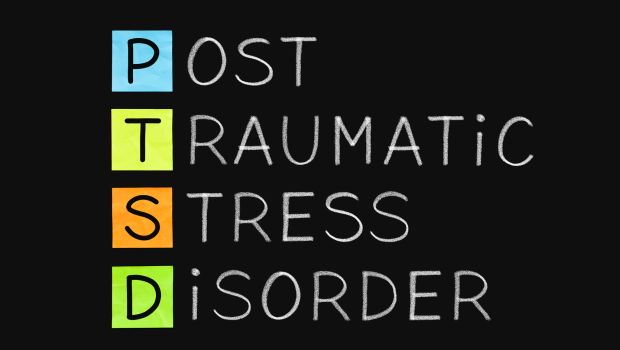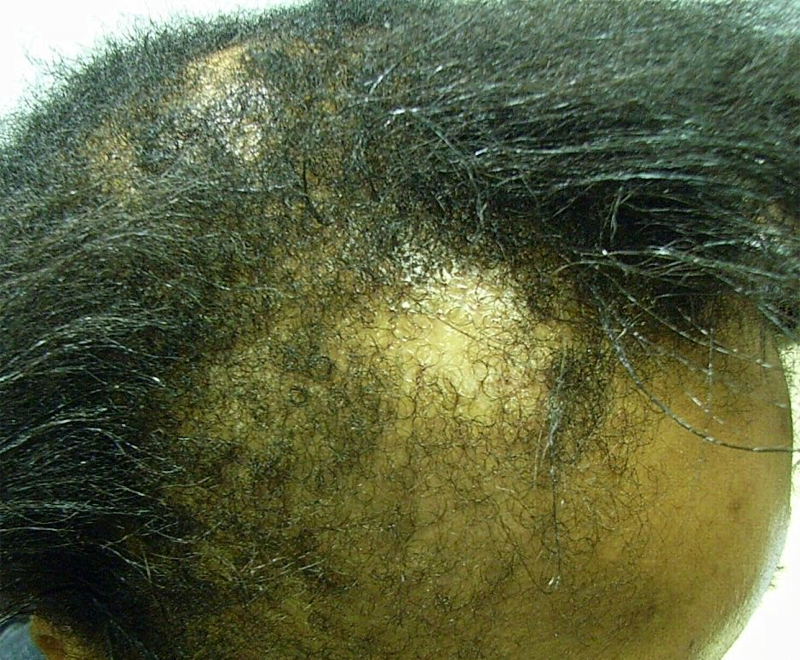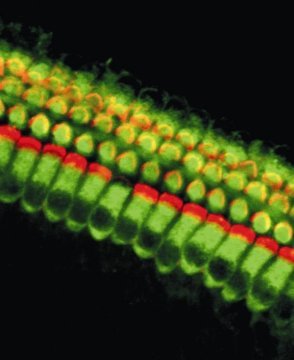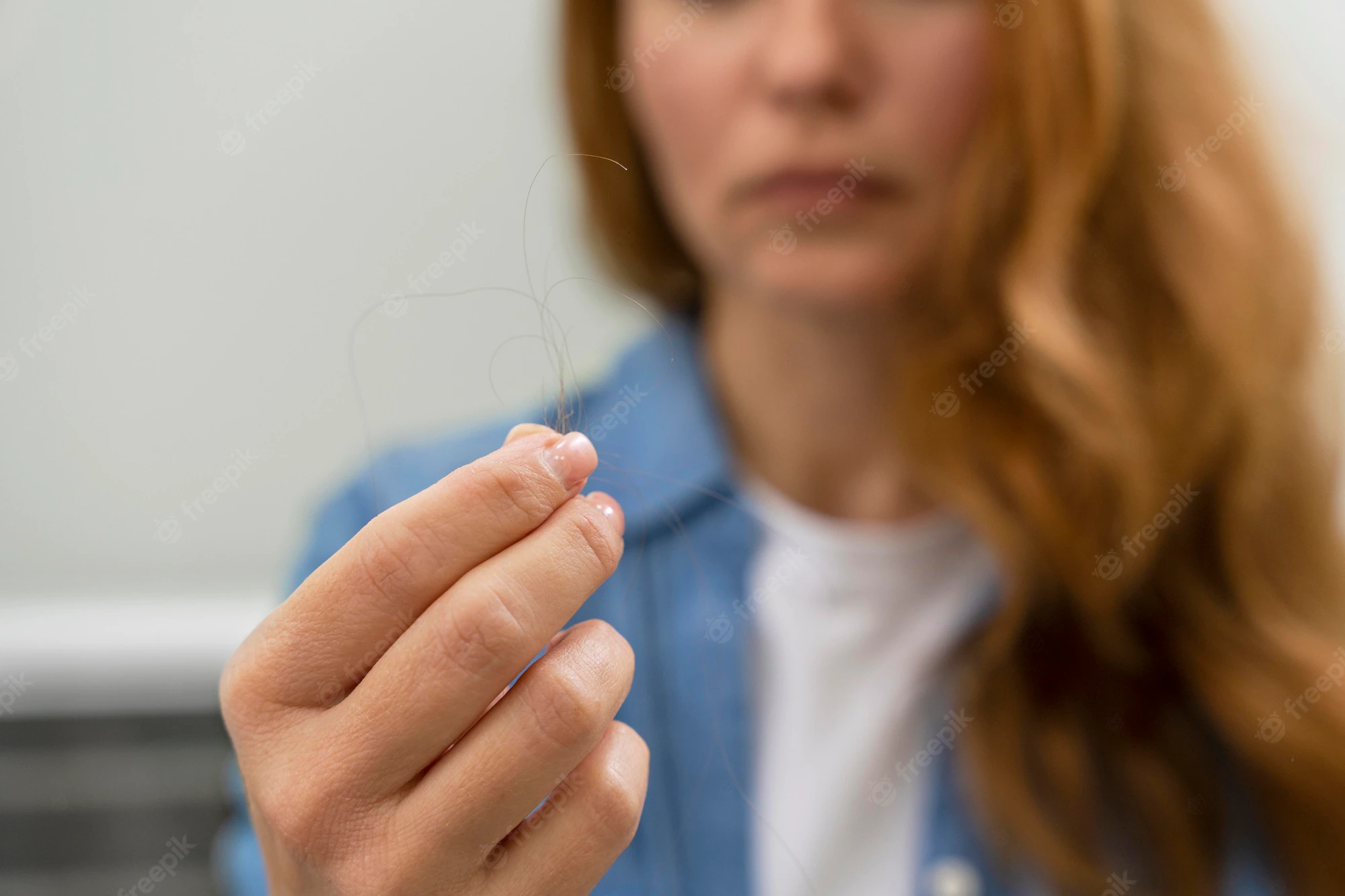
Post-Traumatic Stress Disorder surfaces in people who have had experienced a traumatic, shocking event. Trauma triggers a host of changes in human body. Fear, when coupled with trauma can lead to a difficulty in dealing with the initial symptoms of stress. Those who take longer to get over the event – and continue to feel threatened, panicky or fearsome even after considerable time – can be diagnosed with PTSD.
The symptoms and intensity of people with PTSD range from person to person. “Not every traumatized person develops ongoing (chronic) or even short-term (acute) PTSD. Not everyone with PTSD has been through a dangerous event,” US National Institute of Mental Health. Symptoms may begin to surface as early as three months after the incident or as late as almost a year post-event. A person diagnosed with PTSD may experience one from the first two categories of symptoms and at least two from the other two symptoms categories.

Re-experience: Frightening thoughts, bad dreams, and flashbacks of the event
Avoidance: Staying away from places or avoiding conversations related to the event.
Arousal and Reactivity:Anger outburst, ill-sleep, always “on edge”.
Cognitive: Difficulty remembering key features of the event, negative thoughts, felling guilty or blaming oneself, distorted thoughts, loss of interest in enjoyable activities.
In most cases, people who have ample support/coping mechanism post a traumatic even may build resilience toward developing PTSD. Psychotherapy along with a range of drugs can help battle PTSD better and come out of it. A recently conducted UK based study talks about a certain drug that can help negate formation of negative thoughts and fear. This may come handy in preventing PTSD from developing in a person. A common antibiotic called doxycycline can be put to use to prevent PTSD, the study suggests.

According to the study, fear response was 60 per cent lower in participants who received doxycycline over their counterparts who were on placebo, it was concluded that the fear memory was significantly suppressed by the drug.
“Learning to fear threats is an important ability for any organism, helping us to avoid dangers such as predators. Over-prediction of threat, however, can cause tremendous suffering and distress in anxiety disorders such as PTSD,” Professor Dominik Bach, University College London (UCL).
The study was conducted on 76 healthy volunteers who were divided into two groups – one that received placebo while the other was given doxycycline.

The participants were then exposed to a computer screen that would randomly alternate and show them two colours – red and blue. One of the colours was associated with a 50 per cent chance of receiving a painful electric shock. This happened 160 times and the participants learnt to associate the ‘bad’ colour with the shock. The exercise was repeated after a week, without doxycycline. This time the shocks were replaced by a loud sound played after either colour was shown. Participants’ fear responses were measured by tracking their eye blinks, as an instinctive response to sudden threats. Their fear memory response was calculated by comparing the response that the volunteers gave to the sound on the ‘good’ and the ‘bad’ colour.
“When we talk about reducing fear memory, we are not talking about deleting the memory of what actually happened, the participants may not forget that they received a shock when the screen was red, but they ‘forget’ to be instinctively scared when they next see a red screen,” concluded Bach.
[“source-ndtv”]























